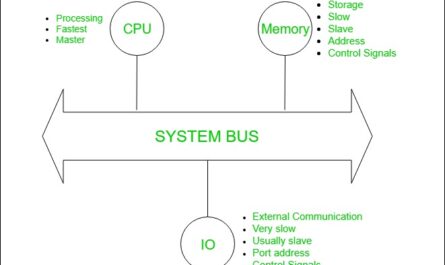Frequent visits to healthcare services by children and young people may indicate undiagnosed attention deficit hyperactivity disorder (ADHD), according to a new study from the University of Nottingham. The research suggests that healthcare professionals should be vigilant for signs of ADHD beyond the typical symptoms of hyperactivity, impulsivity, and inattention.
ADHD is typically diagnosed in children and young people between the ages of seven and nine, but symptoms may have been present earlier due to the neurodevelopmental nature of the disorder. The challenge lies in GPs recognizing the condition, as diagnosis often faces significant delays.
The study analyzed the medical records of 9,127 children and young people diagnosed with ADHD, between the ages of four and 17, and compared them to a control group of 40,136 non-ADHD individuals. The researchers examined the reasons for GP visits, prescriptions, hospitalizations, and surgeries.
The findings revealed that children with ADHD utilized healthcare services twice as frequently in the two years preceding their diagnosis compared to those without the disorder. While ADHD patients sought medical attention for a variety of reasons, the strongest association for GP visits was ‘mental and behavioral disorders.’ However, common reasons for consultations included eye, ear, nose, and throat complaints, as well as physical conditions such as asthma and eczema.
The study highlights the importance of identifying these frequent interactions with healthcare providers as potential early warning signs of ADHD. It emphasizes that professionals should not solely rely on the core symptoms of the disorder, but should also consider other reasons for seeking medical care.
Lead author Vibhore Prasad stressed the need for further research to identify children with ADHD earlier, in order to provide them with effective interventions. Early detection can lead to timely treatment, including talking therapies and medications, which can prevent a range of serious consequences for young individuals and their future wellbeing.
The study underlines the significance of healthcare providers being alert to the potential signs of ADHD beyond the typical symptoms. By recognizing the pattern of frequent interactions with healthcare services, practitioners can contribute to timely diagnoses and interventions, ensuring that children and young people with ADHD receive the support they need at an earlier stage. This can have a positive impact on their overall development and prevent potential long-term harm.
*Note:
1. Source: Coherent Market Insights, Public sources, Desk research
2. We have leveraged AI tools to mine information and compile it




